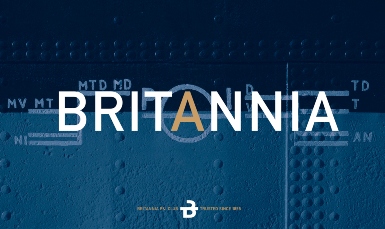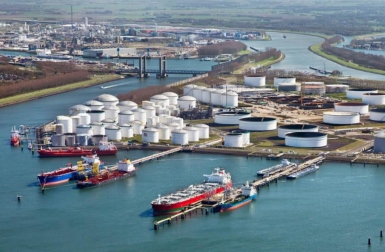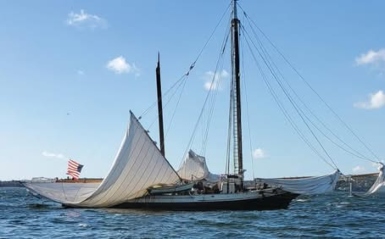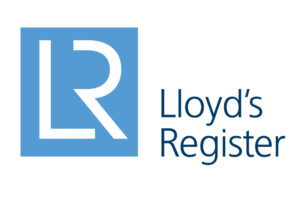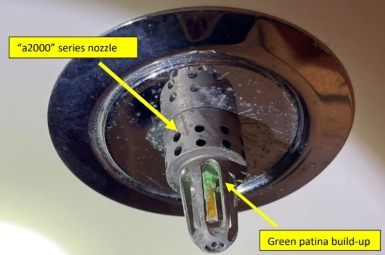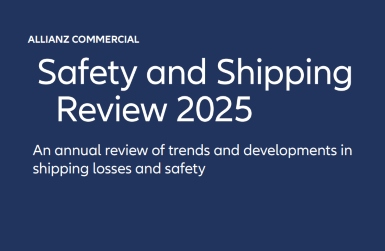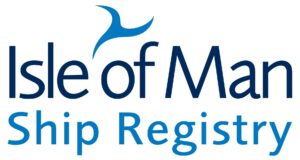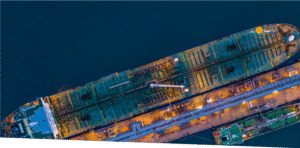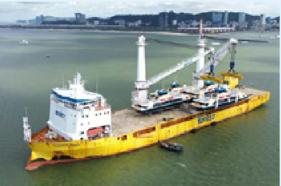
New guidance on achieving stable lifting operations has been developed by a sub-working group of the Heavy Lift Exchange Forum, a DNV-initiated round table for heavy-lift shipping companies. Members of the working group are from the companies BBC Chartering, BigLift Shipping, DNV, Heerema, Jumbo Maritime, SAL Engineering and United Heavy Lift.
What is best practice when it comes to cranes lifting loads onto, off and between ships in port or at sea? New guidance from an industry forum initiated by DNV dives into the key considerations and calculations to help ensure these hazardous operations are performed safely to reduce the risk of loss to life, property and the environment. Continue reading “New guidance on achieving stable lifting operations”
